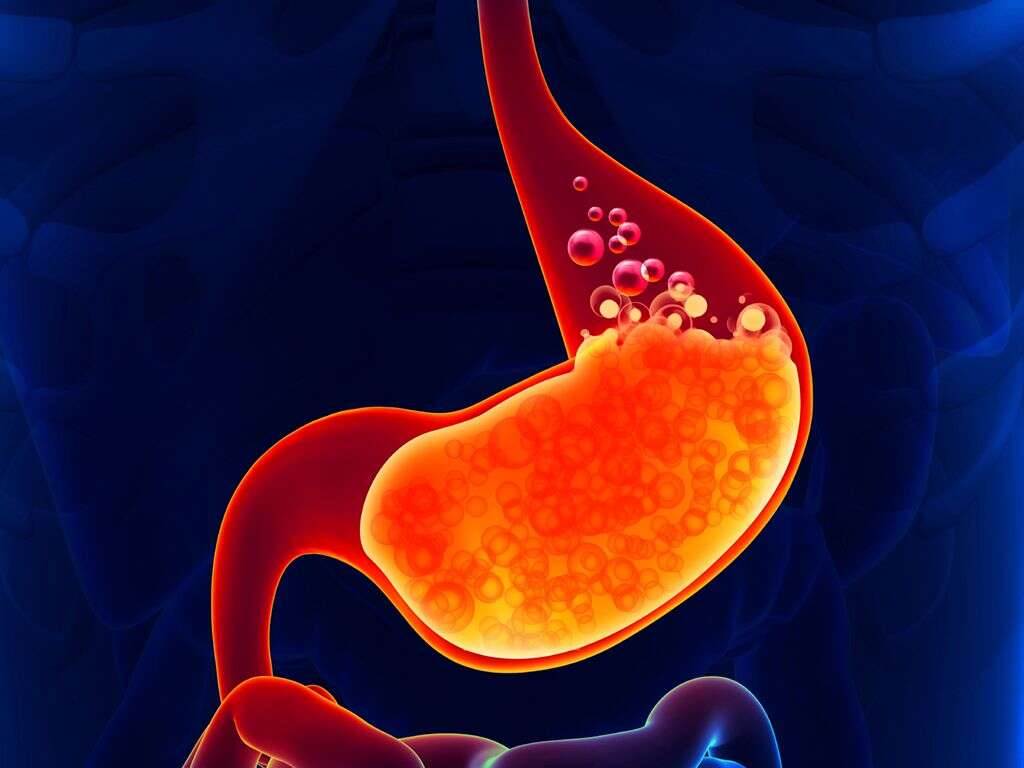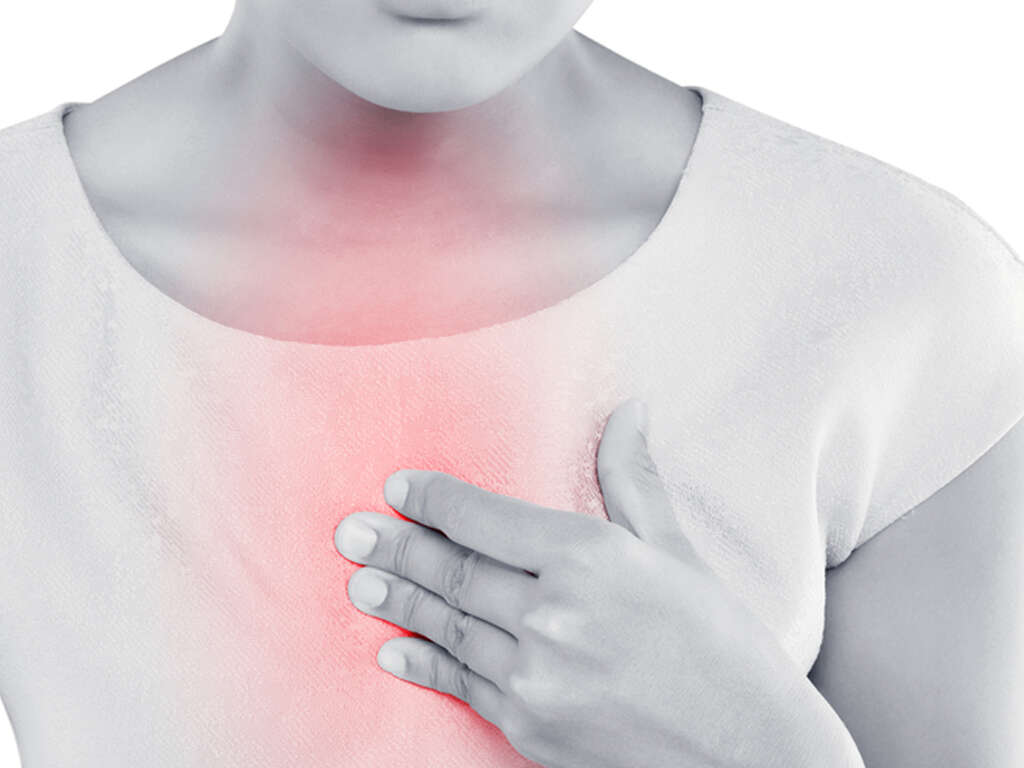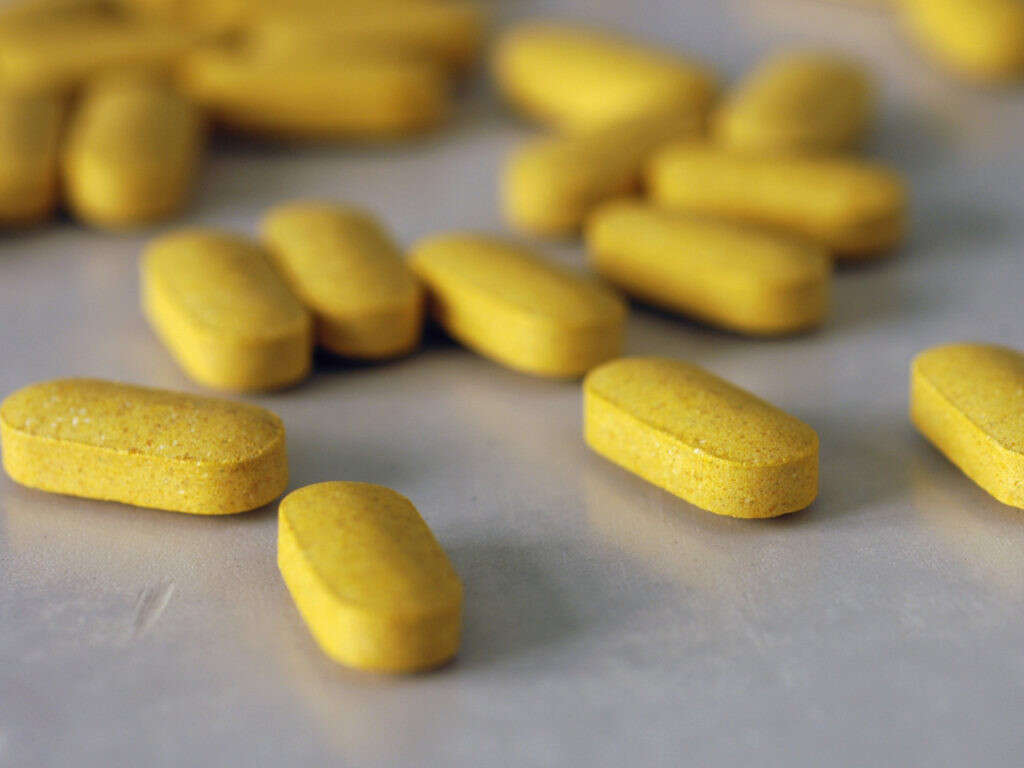10 Causes of Acid Reflux
Acid reflux or gastroesophageal reflux disease is a chronic condition where the contents of the stomach backflow into the esophagus causing heartburn, bad breath, bad taste in the mouth, chest pain, breathing issues, vomiting, and wearing away of the teeth. Chronic acid reflux can cause complications such as Barrett’s esophagus, esophagitis, and esophageal strictures.
Acid reflux usually occur when there is poor closure of the lower esophageal sphincter, thus allowing the backflow of the acid. The diagnosis of acid reflux may involve esophageal pH monitoring, gastroscopy, esophageal manometry, and an upper gastrointestinal study. It can be treated through medications, surgery, and lifestyle changes such as not lying down after eating, avoiding certain foods, losing weight, and stopping smoking.
Some of the medications that can be used are proton pump inhibitors, antacids, H2 receptor blockers, and prokinetics. Patients who do not improve can try surgery. About 10 to 20 percent of individuals in the Western world are affected by acid reflux.
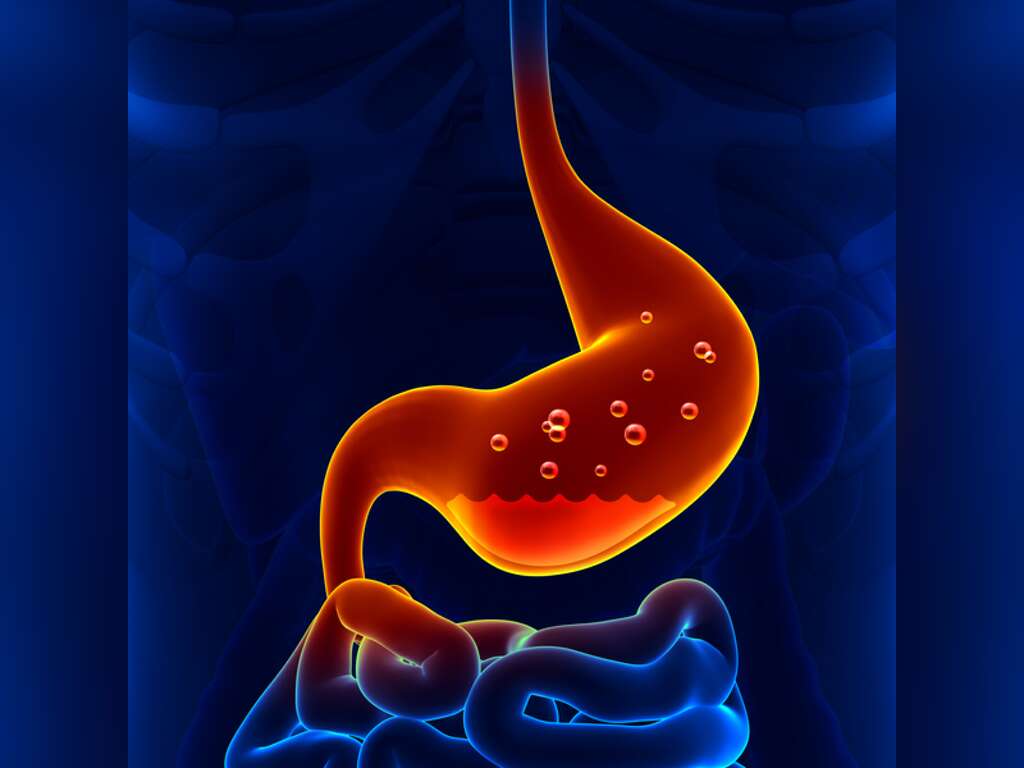
Cause #1: Hiatal Hernia
A hiatal hernia refers to the herniation of the abdominal organs through the diaphragm into the thoracic cavity. This can lead to acid reflux. Other possible symptoms include chest pain and difficulty swallowing.
The commonest risk factors of hiatal hernia include older age, obesity, scoliosis, major trauma, and certain types of surgery. Symptoms can be managed using lifestyle changes, weight loss, medications, and surgery. A hiatal hernia increases the possibility of acid reflux due to motility and mechanical factors.

Cause #2: Obesity
Obesity refers to the condition where there is excessive body fat that has accumulated and causes a negative impact on the individual’s health. People are considered obese when they have a high body mass index (BMI).
Obesity has been linked to various diseases such as cardiovascular issues, obstructive sleep apnea, type 2 diabetes, osteoarthritis, depression, cancer, acid reflux, and more. The association between acid reflux and obesity has been observed in many studies.

Cause #3: Zollinger-Ellison Syndrome
Zollinger-Ellison syndrome is a d=condition where the tumors cause excessive acid production that result in acid reflux, peptic ulcers, and gastritis. Some of the symptoms include diarrhea and abdominal pain.
Caused by a neuroendocrine tumor known as a gastrinoma, it secretes the hormone gastrin. Zollinger-Ellison syndrome can be due to hereditary causes as part of the autosomal dominant syndrome known as multiple endocrine neoplasia type 1. The tumor is usually found in the abdominal or duodenal lymph nodes, pancreas, and more.

Cause #4: High Serum Calcium
High levels of calcium in the serum is also known as hypercalcemia. While those with a mild increase have little to no symptoms, greater levels may cause symptoms such as weakness, depression, kidney stones, bone pain, abdominal pain, abnormal heart rhythm, and acid reflux.
Most cases of hypercalcemia are due to cancer and hyperparathyroidism. Other possible causes include tuberculosis, sarcoidosis, vitamin D toxicity, multiple endocrine neoplasia, side effect of medications, and more.

Cause #5: Scleroderma
Scleroderma is a group of autoimmune disorders that causes changes to the muscles, organs, skin, and blood vessels. The disease can be localized or systemic. Some of the symptoms are tiredness, thickened skin, and poor blood flow to the extremities.
The risk factors of scleroderma are positive family history and exposure to silica. Although there is no cure, treatments such as methotrexate, corticosteroids, and pain medication can improve the symptoms of the disorder. One possible feature of the disorder is esophageal dysmotility, which can cause acid reflux.

Cause #6: Prednisolone
Prednisolone is a steroid that is often used in the treatment of autoimmune disorders, allergies, cancers, and other inflammatory conditions. Some of the side effects often include nausea, tiredness, bone loss, yeast infections, weakness, and easy bruising.
Prednisolone is one of the known medications that can cause acid reflux. It occurs as the use of the medication decreases the contracting abilities of the gastroesophageal sphincter, which allows the backflow of acid into the esophagus. Some other medications that can cause or exacerbate acid reflux are amitriptyline, imipramine, promethazine, diazepam, temazepam, and more.
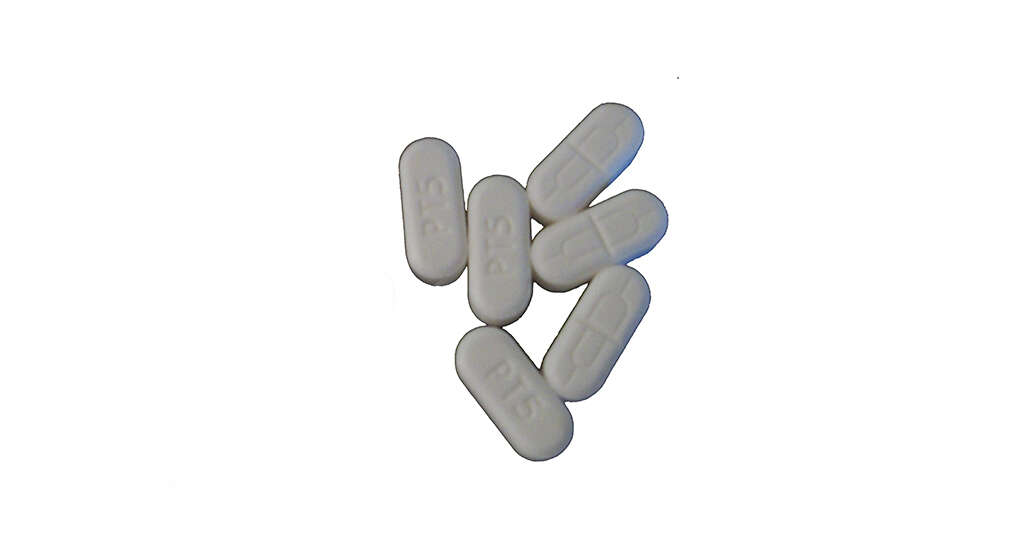
Cause #7: Visceroptosis
Visceroptosis is the sinking or prolapse of the abdominal organs below their natural position. This means that any organ can be displaced downward. The downward displacement of the intestines is known as enteroptosis while the downward displacement of the stomach is known as gastroptosis. Symptoms include appetite loss, indigestion, acid reflux, diarrhea, constipation, vertigo, emaciation, abdominal distention, and more.
This condition is thought to be due to the loss of muscle tone especially in the abdomen which causes the relaxation of the ligaments that hold the organs in place. The wearing of a tight corset has been thought to be a frequent cause of this condition. This condition is thought to cause acid reflux as the sinking of the stomach may upset the acid secretion and motility of the stomach.

Cause #8: Pregnancy
Pregnancy refers to the time where offspring is developing inside the mother. For humans, pregnancy usually lasts about 40 weeks from the last menstrual period. Symptoms of pregnancy include nausea, vomiting, missed periods, hunger, frequent urination, and more. There are many women who experience acid reflux for the first-time during pregnancy.
This is thought to be due to the fluctuating levels of different hormones and increasing abdominal pressure from the growth of the fetus. This means that the acid reflux is usually worst in the third trimester with symptoms that typically go away after delivery of the child.

Cause #9: Smoking
Smoking has been associated with increased risks of many conditions such as high blood pressure, periodontal disease, stroke, cardiovascular disease, cancer, and more.
It may also contribute to acid reflux as smoking damages the mucus membranes, increases acid secretion in the stomach, reduces the muscle function of the lower esophageal sphincter, impairs the muscle reflexes in the throat, and reduces salivation which helps neutralize acid. It also increases the risk of esophageal cancer.

Cause #10: Foods and Beverages
There are certain foods and beverages that can trigger heartburn and other symptoms of reflux (such as abdominal bloating, difficulty swallowing, and dry cough).
Some of the common acid reflux foods that may trigger symptoms of reflux include carbonated beverages, alcohol, coffee or tea (both caffeinated and decaffeinated), garlic, onions, citrus fruits, chocolate, fatty or fried foods, spicy foods, tomato-based foods, and more. Individuals who have these triggers are advised to keep a food diary and avoid their respective triggers.






